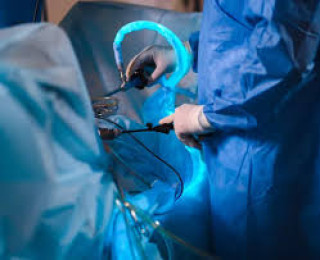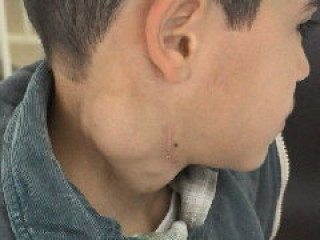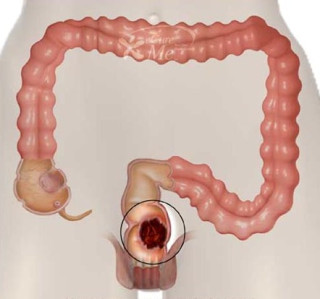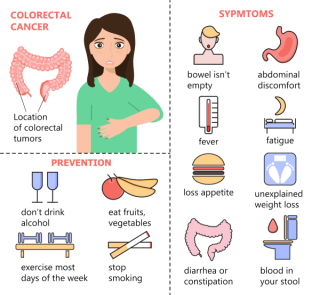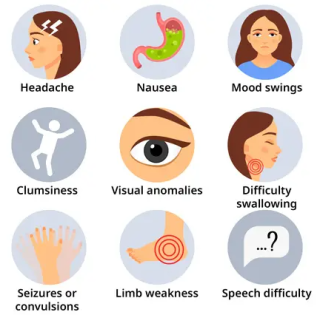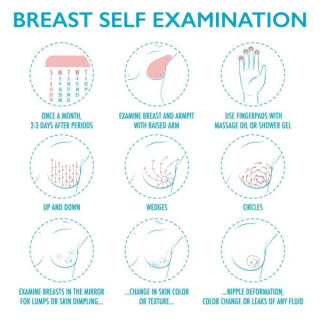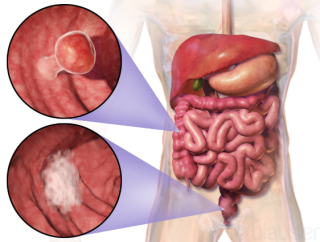Surgery for Colorectal Cancerupdated at Nov 13, 2025 1,389 1,389 Surgery is frequently the primary and sometimes the sole treatment approach for colorectal cancer.The specific surgical procedure employed is dictated by the tumor's location and size. Partial Colectomy: The Standard ProcedureThe most common surgical inter... |
What should I ask my doctor about treatment if I am diagnosed with Hodgkin's disease?updated at Nov 07, 2025 1,420 1,420 Being diagnosed with Hodgkin's lymphoma can be overwhelming.Understanding your treatment options and their potential impact on your life is crucial.This article outlines key questions to discuss with your doctor, |
What are the side effects of Hodgkin's disease treatment?updated at Nov 07, 2025 1,360 1,360 Side Effects of Hodgkin's Disease TreatmentThe treatments for Hodgkin's disease, |
How is Hodgkin's disease diagnosed?created at May 22, 2009 1,569 1,569 If Hodgkin's disease is suspected, |
Are there Clinical Trials available for Vulvar Cancer?updated at Nov 09, 2025 1,463 1,463 Clinical trials for vulvar cancer exist, |
Will I be able to adjust to Valva Cancer well?created at May 05, 2009 1,409 1,409 Adjusting to a vulvar cancer diagnosis and treatment is a deeply personal journey, |
Side Effects of Vulvar Cancer Chemotherapyupdated at Nov 08, 2025 1,440 1,440 Chemotherapy for vulvar cancer can lead to a variety of side effects, |
Radiation Therapy Side Effects of Vulvar Cancerupdated at Nov 09, 2025 1,511 1,511 Understanding Side EffectsRadiation therapy is a common treatment for vulvar cancer, |
Side effects of Vulvar Cancer Surgeryupdated at Nov 11, 2025 1,618 1,618 Curative surgery for vulvar cancer, |
Vulvar Intraepithelial Neoplasia as Risk Factors for Vulvar Cancerupdated at Nov 08, 2025 1,523 1,523 Vulvar intraepithelial neoplasia (VIN) represents the abnormal growth of cells within the vulvar epithelium.It's classified as a precancerous condition, |
How is cancer of the cervix treated?updated at Nov 22, 2025 1,712 1,712 Cervical Cancer Treatment OptionsTreatment for cervical cancer is highly individualized, |
What are the Side Effects of Treatment for Colorectal Cancer?updated at Nov 08, 2025 1,498 1,498 Side effects from colorectal cancer treatment are highly variable, |
What should I know before surgery for Colorectal Cancer?created at May 04, 2009 1,263 1,263 Before colorectal cancer surgery, |
Biological Therapy for Colorectal Cancercreated at May 04, 2009 1,399 1,399 Biological therapy for colorectal cancer, |
What are the symptoms of colorectal cancer?created at May 04, 2009 1,384 1,384 Colorectal cancer symptoms often develop gradually and can be subtle at first, |
What should I ask my doctor when diagnosed with endocrine cancer?created at May 04, 2009 1,314 1,314 Diagnosing endocrine cancer involves a combination of methods, |
What are the symptoms of Brain Tumors?updated at Nov 11, 2025 1,570 1,570 Brain tumor symptoms are highly variable, |
What is the difference between primary bone cancer and secondary bone cancer?created at May 03, 2009 1,310 1,310 Primary bone cancer originates in the bone itself, |
What should I do if I find a lump while performing a monthly breast self-exam?created at May 03, 2009 1,329 1,329 Finding a lump during a breast self-exam doesn't automatically mean it's cancerous, |
What about a second opinion for Colorectal Cancer?created at May 03, 2009 1,266 1,266 Seeking a second opinion for a colorectal cancer diagnosis is a common and prudent step.A second opinion allows you to gain additional perspectives on the diagnosis, |
